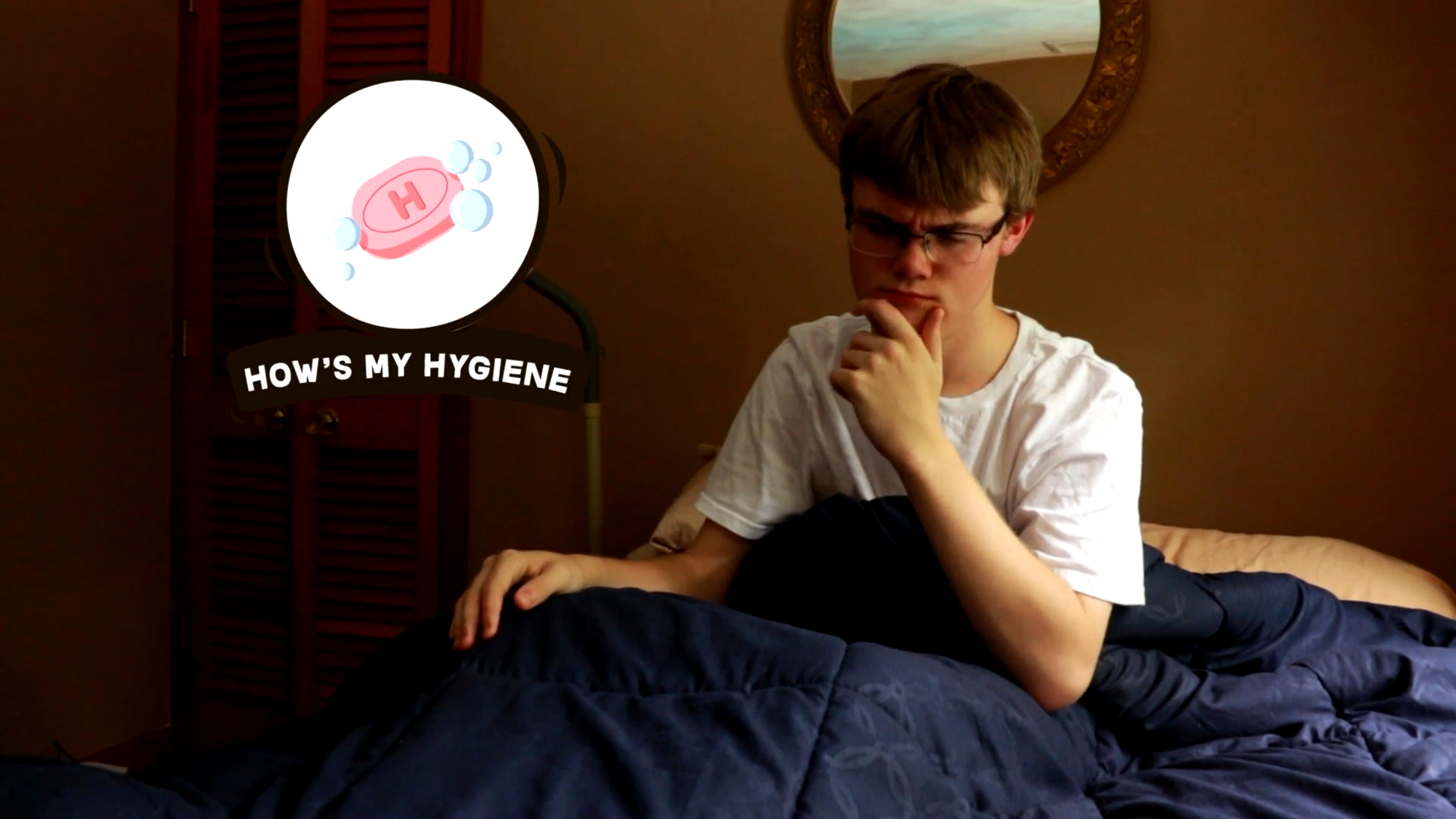
Introduction
As educators, one of our essential tasks is to help students develop healthy habits and understand their impact on social interactions. A crucial aspect of personal care is hygiene, including how we smell. In this blog post, we will discuss the importance of good hygiene and how it affects our relationships with others. We will also provide an easy, no-prep activity that educators can use to teach middle school students about the significance of proper hygiene. Additionally, we will suggest discussion questions and related skills to further engage students in this topic.
No-Prep Activity: The Hygiene Challenge
In this activity, students will participate in a simple, no-prep game to help them understand the importance of proper hygiene. Here’s how it works:
- Divide students into two teams.
- Explain the concept of hygiene and its impact on social interactions.
- Ask each team to list five reasons why good hygiene is essential and how it affects their relationships with others. They should discuss their ideas within their teams and write them down on a piece of paper.
- After five minutes, have each team present their reasons to the class.
- As a class, discuss the similarities and differences between the teams’ answers and emphasize the importance of good hygiene in daily life.
This activity encourages students to think critically about the role of hygiene in their lives and helps them understand its impact on their social interactions.
Discussion Questions
After completing the Hygiene Challenge, use the following discussion questions to stimulate further conversation and reflection:
- How do you feel when you are around someone who doesn’t practice good hygiene? How does it affect your relationship with that person?
- What are some ways you can maintain good hygiene even on days when you feel tired or don’t have much time?
- Can you think of any situations where someone’s hygiene might have affected their social interactions without them realizing it? How could they have handled the situation differently?
- Why is it important to be considerate of others’ comfort when it comes to our personal hygiene?
- How can we encourage others to practice good hygiene without being rude or hurtful?
Related Skills
Beyond good hygiene, there are other essential skills that students should develop to foster healthy relationships and social-emotional well-being. Some of these skills include:
- Effective communication: Learning to express oneself clearly and respectfully, while also listening to others’ perspectives.
- Empathy: Understanding and sharing the feelings of others, which helps students build strong connections and support each other.
- Self-awareness: Recognizing one’s thoughts, feelings, and actions, and understanding how they affect others.
- Conflict resolution: Developing strategies to address disagreements and find solutions that work for everyone involved.
Next Steps
Teaching good hygiene to middle school students is an essential part of helping them develop healthy habits and strong social skills. By using the no-prep activity and discussion questions provided in this blog post, you can create engaging lessons that effectively address this important topic. To further enhance your students’ learning experience, consider signing up for free sample materials from Everyday Speech, which offers resources and activities to support the development of a wide range of social-emotional learning skills.

